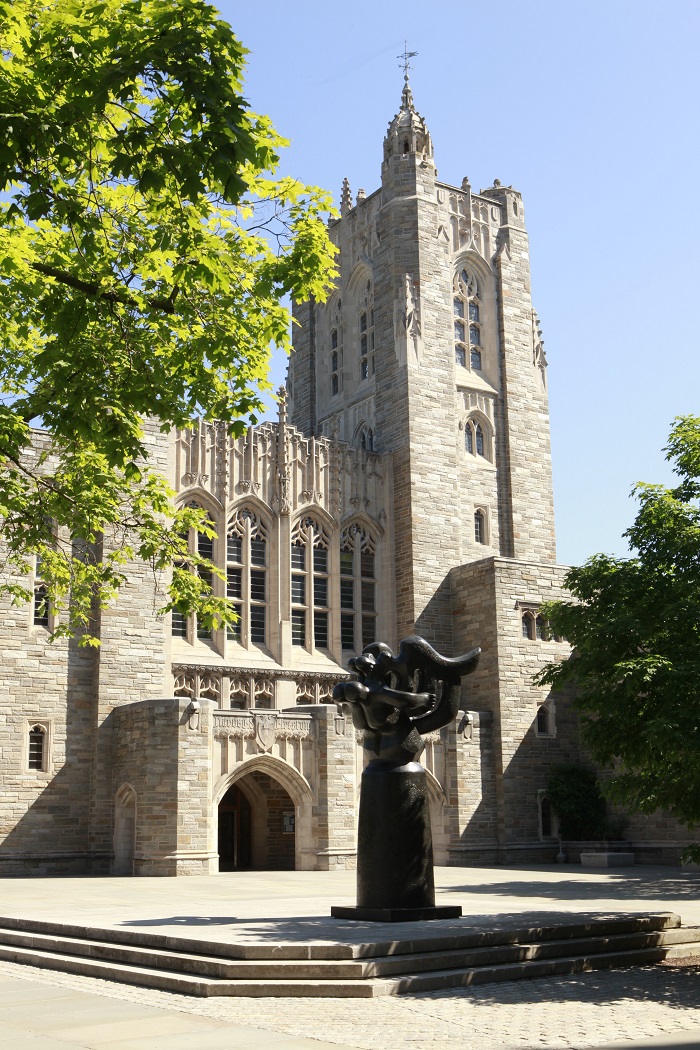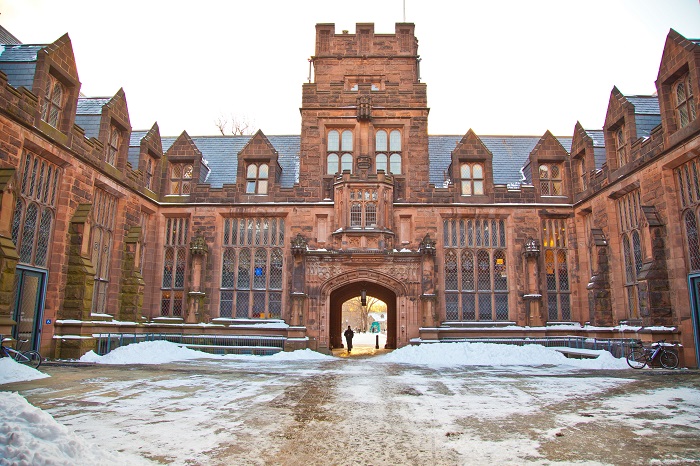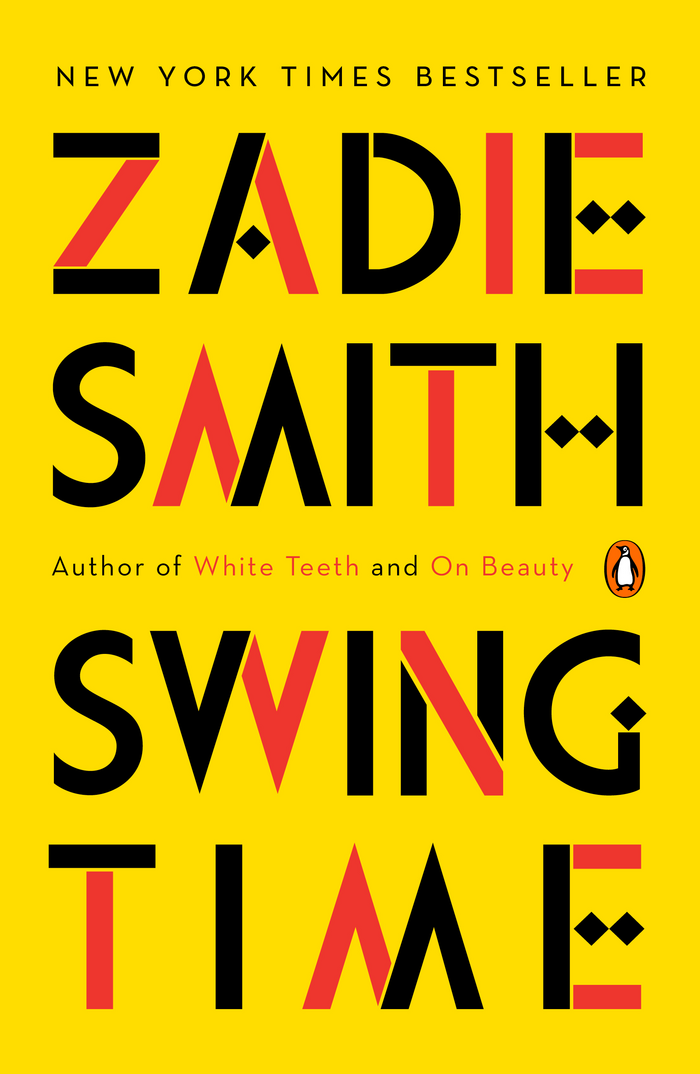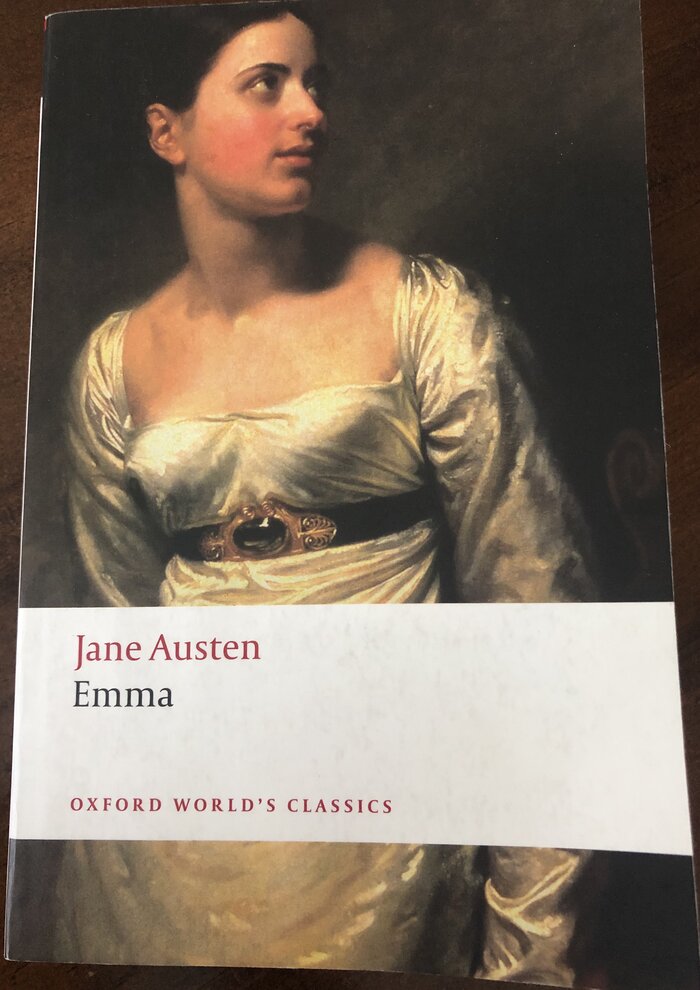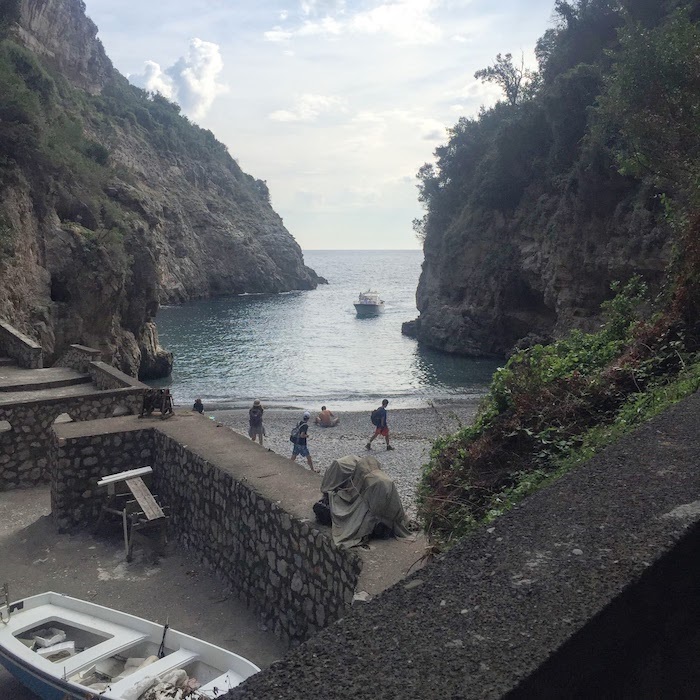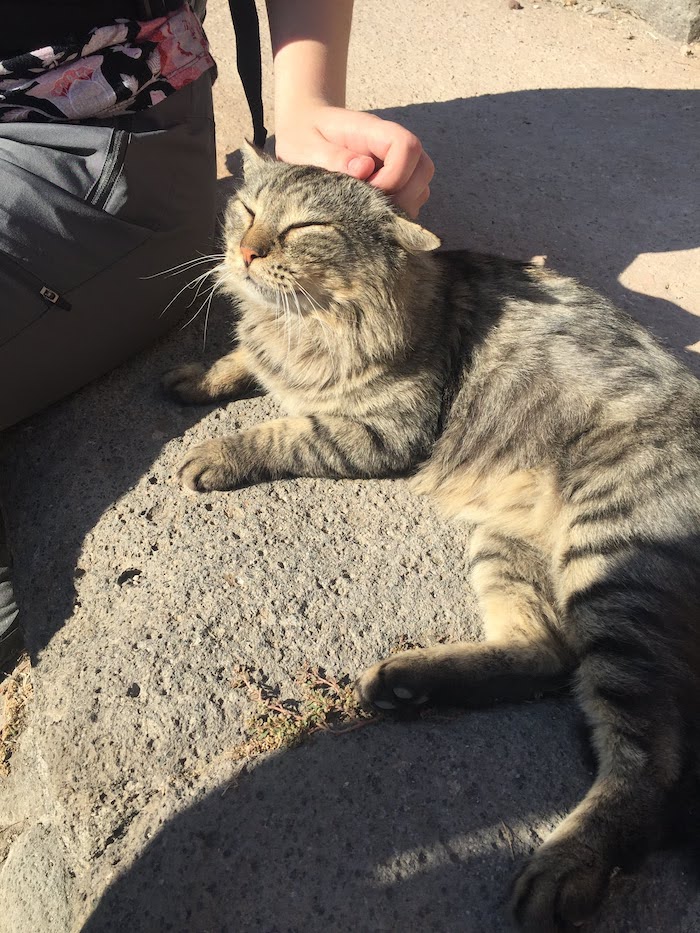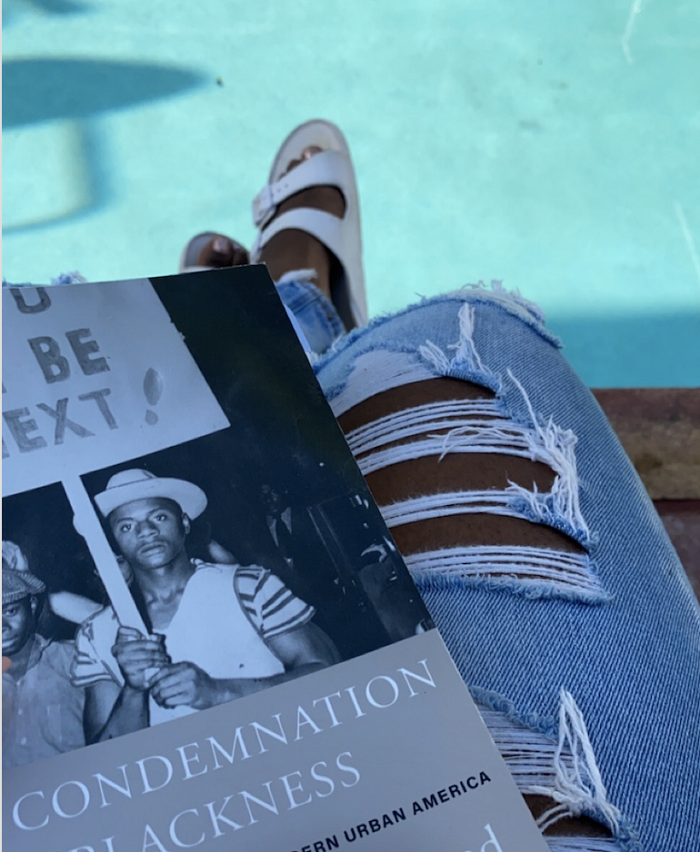I’ve always had a passion for reading and writing, so I knew I wanted my time at Princeton to involve those interests. Luckily, I found a home for my love of the written word within the Journalism department. Princeton’s journalism classes are consistently some of the highest-rated classes in the whole university. They are all small seminars that foster a close-knit classroom environment and push students to explore what it means to be a reporter in our ever-changing media landscape. These classes are so popular that it’s often hard to get into them, but I lucked out by taking two amazing journalism classes.
My first journalism class was, “JRN445: Investigative Journalism.” Joe Stephens, founding director of the Journalism department, taught us tricks of the trade he learned in his many years at The Washington Post. The discussions we held in our nine-person seminar led to powerful insights and new friendships. We heard from many interesting guest speakers, ranging from Craig Newmark, founder of Craigslist, to Sacha Pfeiffer, reporter for The Boston Globe and subject of the movie Spotlight. Another highlight of the class was visiting the Bloomberg News headquarters in New York City! The class culminated with an in-depth investigative journalism project, so I wrote about the many inaccessible buildings in the town of Princeton. This project forced me to come out of my comfort zone and led to many interesting interviews. It’s one of the assignments I’m most proud of from my time at Princeton.
I just finished my second journalism class, “JRN 449: International News - Migration Reporting,” taught by Deborah Amos of NPR. It has been such an honor to learn from accomplished journalists like her and Joe Stephens. The class focuses on the differences in immigration policy between the United States and Canada, and usually goes on a trip to Canada over fall break. While the travel component could not happen this year, the class was a fantastic learning experience. We discussed the history of the American immigration system and the drastic changes the Trump administration has made to long-standing policies. I’m glad I got to learn and write about an issue as important and relevant as immigration in this class.
Princeton formalized a certificate in journalism in Spring 2018, right before I matriculated. While I would’ve taken journalism classes even without seeking the certificate, I am happy that I can get formal recognition for my pursuit of truth and exploration of writing through the certificate program. Journalism classes really are the best classes at Princeton, and I highly encourage you to take at least one!







